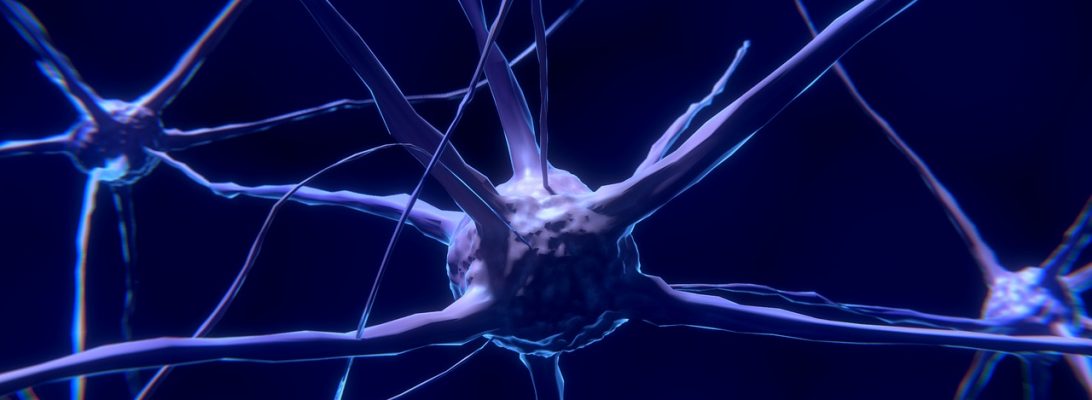Pinched nerves can be an annoying, or even a debilitating condition when it comes to people who want to be productive. It can affect a person’s range of motion as well as the ability to move or to be still while staying comfortable. What are some of the best remedies for pinched nerves? In this article, we will be discovering some things you can do to relieve pinched nerve pain.
What are pinched nerves?
A pinched nerve is a type of damage caused by the compression of a nerve or a set of nerves. Usually, a muscle, bone, or a spinal disc may have caused this compression causing swelling or pain.
According to Dr. Eldor Brish, the following are telltale signs that you may be suffering from a pinched nerve problem:
- Tingling sensation – patients may feel pins and needles when moving a certain part of the body, most especially along the joints.
- Numbness – alternatively, having a lack of sensation in a particular body part can also be a sign.
- Burning – people who have pinched nerves may experience a sharp pain on certain postures when the nerve gets compressed.
Dr. Eldor Brish MD provides some helpful home remedies to help relieve pinched nerves.
5 Home Remedies for Pinched Nerve
- Adjusting your posture or body positioning.
Often, the cause of pinched nerves is the constant posture or abrupt movements that irritated the nerve near bones, disc, or muscle. To avoid aggravating the condition, the person must be able to change the positioning of their body. They can choose to sit or stand in a different angle or adjust their equipment to avoid further nerve compression. For example, a pinched nerve located in the elbow may be caused by having a desk that is too high when typing on a computer. Using a table that is lower relaxes the joints and avoids the pinched nerve.
- Rest the body part experiencing pain.
Dr. Eldor Brish recommends having a few days of rest rather than continuing to work and further irritating the nerve. You may opt to take a couple of days off to relieve the swelling caused by the compression. This can include changing your activities or reducing the hours of work that may have caused the pinched nerve. According to patients, the pain reduces significantly when they apply rest on the body part that is affected by the pinched nerve.
- Try stretching exercises.
One thing to remember about the body is that the blood vessels can compress and stretch depending on the movements you perform. If you are experiencing pain from pinched nerves, you can start by having a few minutes a day of stretching on the affected body part. People who have pinched nerves just behind the knee can try calf stretches to straighten out the nerves. Be careful not to overstretch, as this may cause more pain when done incorrectly.
- Apply heat for pain and ice for inflammation.
Heat can be used to address pain without inflammation. If you suspect a pinched nerve on a particular area without inflammation, you can use a warm compress for 10-15 minutes at a time. Heating the area reduces pain and lessens compression by increasing blood flow. However, if your pinched nerve has inflammation accompanying it, you may choose to use a cold compress. Ice can help constrict the blood vessels and minimize the complications of swelling. You can also apply the compress for 10-15 minutes at a time.
- Take medications when necessary.
When the pain becomes too much, you can use over the counter medications to help relieve the symptoms of a pinched nerve. Some effective ones include ibuprofen and aspirin. However, before taking any medication, be sure to consult your doctor and read the instructions in the package. Remember that even over the counter medications can cause serious adverse reactions. Also, make sure that you don’t take medication that would counter the effects or cause side effects when taken with pain-reducing drugs.
Use these home remedies to relieve moderate nerve pain. However, if you notice that you have total numbness, or if you lose your ability to hold or grasp things or loss of bowel and or bladder function, go to a doctor immediately as this may be indicative of a more serious nerve damage. Pay attention to your body as nerves respond well to early treatment.

